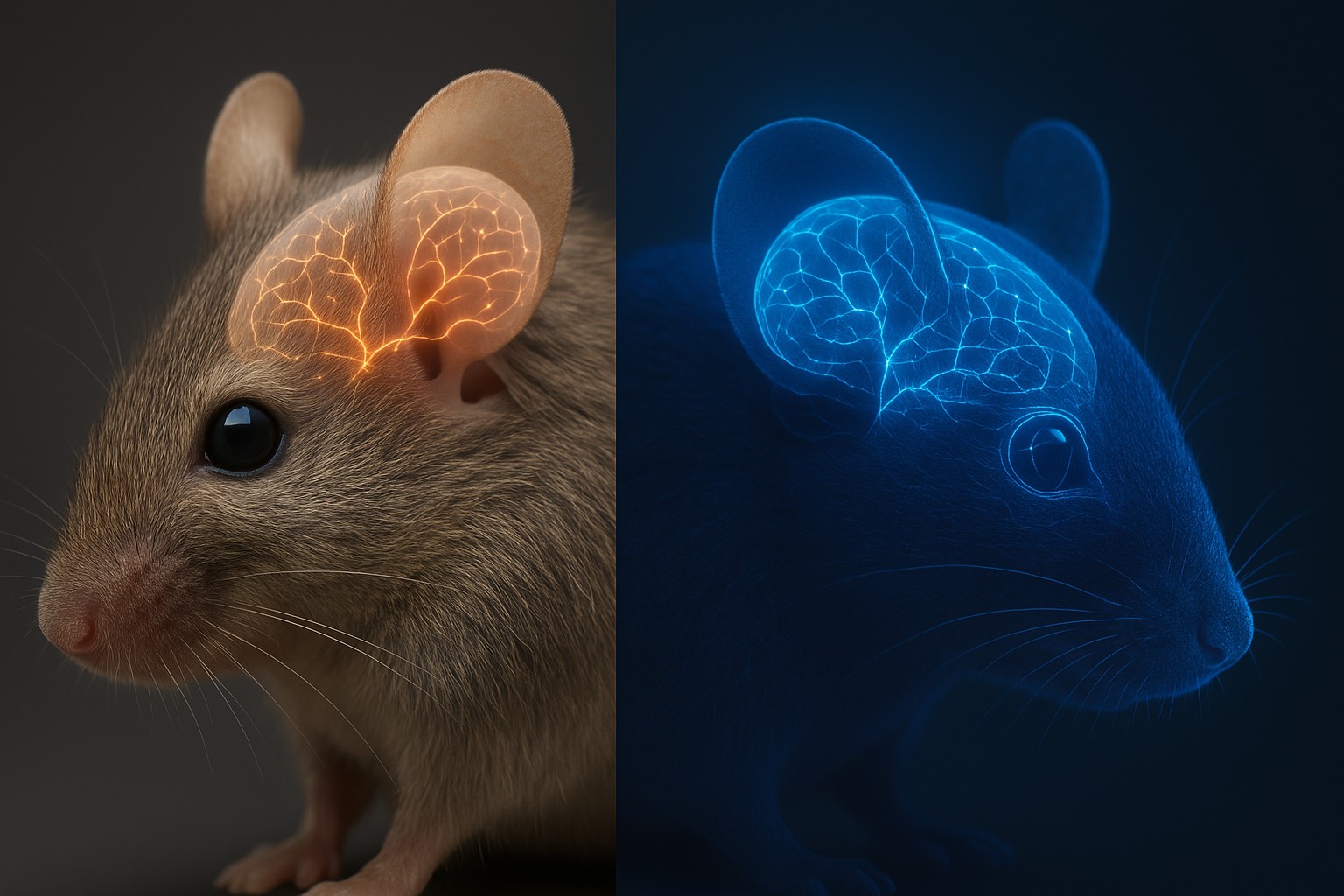Can we go carbon negative?
For centuries, humans rummaged around. We built homes with gathered wood. We stretched animal skins. The Earth provided ready-made building blocks — for front doors, and for shoes — and our material needs were met."Then petroleum came along," says Deepak Dugar, "and we got other building blocks."Petroleum gave us ethylene. When strung together by a catalyst, ethylene becomes polyethylene, which is the most abundant plastic in the world. Enter plastic bags, folding chairs, and squeeze bottles.Petroleum also gave us polypropylene and PVC, the next most common plastics. Enter barbie dolls and modern plumbing.Even 21st century marvels like wind turbines and ultralight aircraft cabins are derived from petroleum-based chemicals."We have seen the last fifty to seventy years dominated by these building blocks," says Dugar, an MIT-trained chemical engineer and entrepreneur. But, as our oceans can attest, there are some problems.All petrochemicals have the same limitations, notes Dugar. Namely, where they come from and where they go.Petrochemicals are drawn from non-replenishing stocks. When discarded, they tend to stick around for decades or more. And unlike the raw materials of prior centuries, petrochemical manufacturing moves carbon up and out — for good.
A closed loop
Dugar believes our species can do better. The next 100 years of manufacturing, he says, must be rooted in biology."Biology is unique. It is self-healing and self-replicating. It follows the circularity we find in nature — replenishing itself, renewing itself."Dugar founded Visolis, a Berkeley-based company, to help bring the "circularity of biology" to industrial manufacturing."I was in high school when the human genome project was announced," he tells me. "The buzz was that humans would control evolution by 2050, and we would have all these cool applications. I said, 'I want to be part of that. That sounds exciting.'"As a teenager in India at the time, his options were few. There was only one school that offered specialization in biotechnology. He got in."That's where I got exposure to the industrial end of biotech and also to sustainability," he says. The marriage of the two — using the closed loop of biology to lessen our impact on the planet — has motivated him ever since.After moving to the U.S. to research how algae fix CO2 and how to turn corn stocks into combustible fuels (and earning three graduate degrees from MIT along the way), he turned his attention to scale.Visolis' focus, he tells me, is to integrate biology with traditional chemistry and materials science, yielding sustainable building blocks for 21st century. Just as biological metabolism converts relatively simple organic inputs into a vast array of structural materials, fuels, and more, Visolis seeks to use biology to produce raw materials that can be used for an array of applications.Dugar helped invent a method for making bio-based ethylene glycol. His company also own patents for making microbe-derived mevalonic acid and related polymers.Visolis is finalizing acquisition of its first production plant, located in Ontario, Canada. Originally built to produce succinate — ”a bio building block” — Dugar says that by early 2019, he expects the plant will be producing a range of sustainable, carbon-negative compounds.Dugar doesn't emphasize technology as a selling point. That microbes can be coaxed into making hundreds of different molecules is interesting, perhaps, to other nerds. To move global supply chains towards sustainability however, a hard-nosed emphasis on production is needed.
Escaping the Valley of Death
To investors and entrepreneurs, Death Valley is a phase, not a place. It refers to the time between receiving an investment and turning a profit. Many startups die there.What often kills them isn't technology or product failures. Rather, markets — meaning customers — don't react."Technology is more predictable ", Dugar says. It costs a certain amount of money to develop a breakthrough process. It costs still more to bring it to scale. But the adoption cycle, he says, is "what is really killing everything."It often takes more than a decade for a new material to reach its first hundred million pounds of production. If supply chains are to be disrupted with bio-based building blocks, it won't happen overnight.Because of this, Visolis has worked to diversify the molecules it makes. Pushing for gradual uptake in many different supply chains distributes risk. By meeting markets where they are, either with superior compounds or sustainably produced versions of established ones, the end of the petroleum era may be hastened."That is needed if we want to continue to grow a civilization here on Earth — or in space," says Dugar.



.svg)












.gif)